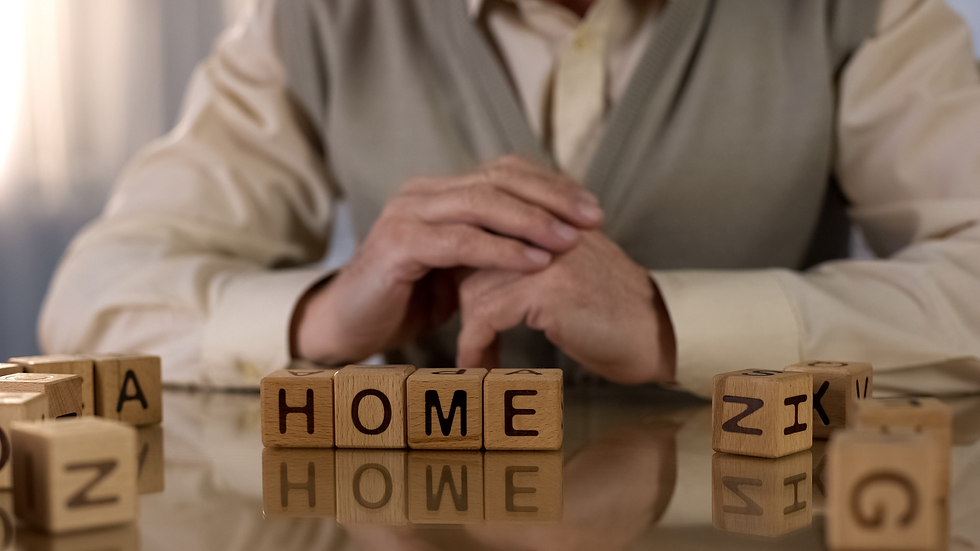The Power of Sleep
- Clare Corbyn-Sargeant

- Mar 1, 2022
- 2 min read
Updated: Jul 12, 2023
Nap – Snooze – Doze – Siesta – Catnap – Kip – Rest – Forty Winks – Shuteye -
Sleep
Something we all need and a lot of us wish we had far more of!
It’s a fact of life that as we age, our sleeping patterns change, and is some cases this can lead to us to have trouble sleeping. But how much do we sleep do we actually need and what can we do to encourage our bodies to switch off, and allow us to drift off into a deep slumber?
Catch some ZZZZs
We are all different and as such, some need more sleep than others, but on average, adults need between seven to nine hours sleep a night. Unfortunately, it seems the older we get, the harder it is to stay asleep. Yet another symptom of the ageing process!
It’s quite common to have trouble sleeping from time to time - especially if you are having worries, are feeling stressed or anxious – however if you often feel tired throughout the day, a lack of sleep could be the problem. Insomnia.
Insomnia
The main symptoms of insomnia are:
difficulty falling asleep
waking up in the night
waking up early in the morning
feeling tired, irritable, and having trouble concentrating throughout the day
Feeling the affects
The odd bad night won’t generally affect us too much, however insomnia can impact us greatly.
Lack of sleep can affect our performance at work, our moods, it can cause relationship problems, even your appetite; making you more likely to crave unhealthy foods and gain weight. And if you suffer regularly, it can put you at increased risk of health conditions, such as heart disease and diabetes, also your mental health, with conditions such as depression or anxiety.
To add insult to injury, not only does Insomnia increase with age, it’s also more common in women.
Sleep tight
In some cases, simply changing a few habits can be enough to aid a good night’s sleep….
Go to bed and get up at the same time every day
Avoid lying in
Establish a bedtime routine – relax by reading a book or having a bath
Make sure that your bed and bedding are comfortable
Avoid caffeine, nicotine and alcohol in the evening
Don’t eat a large meal late at night
Avoid exercise in the evening
Keep your bedroom cool and dark
Don’t have a TV, computers etc in the bedroom – the bright light can make you more awake
Try to avoid napping during the day. If you do enjoy a daytime nap, schedule this for roughly the same time each day.
If you wake in the night and find it hard getting back off to sleep, try going into another room for a short while – maybe read for 15 mins, then go back to bed.
Get help
If think you may be depressed, suffering with anxiety or if your sleep problems don’t get any better, contact your doctor. Help is out there.
Night, Night - Sleep Tight!





Comments